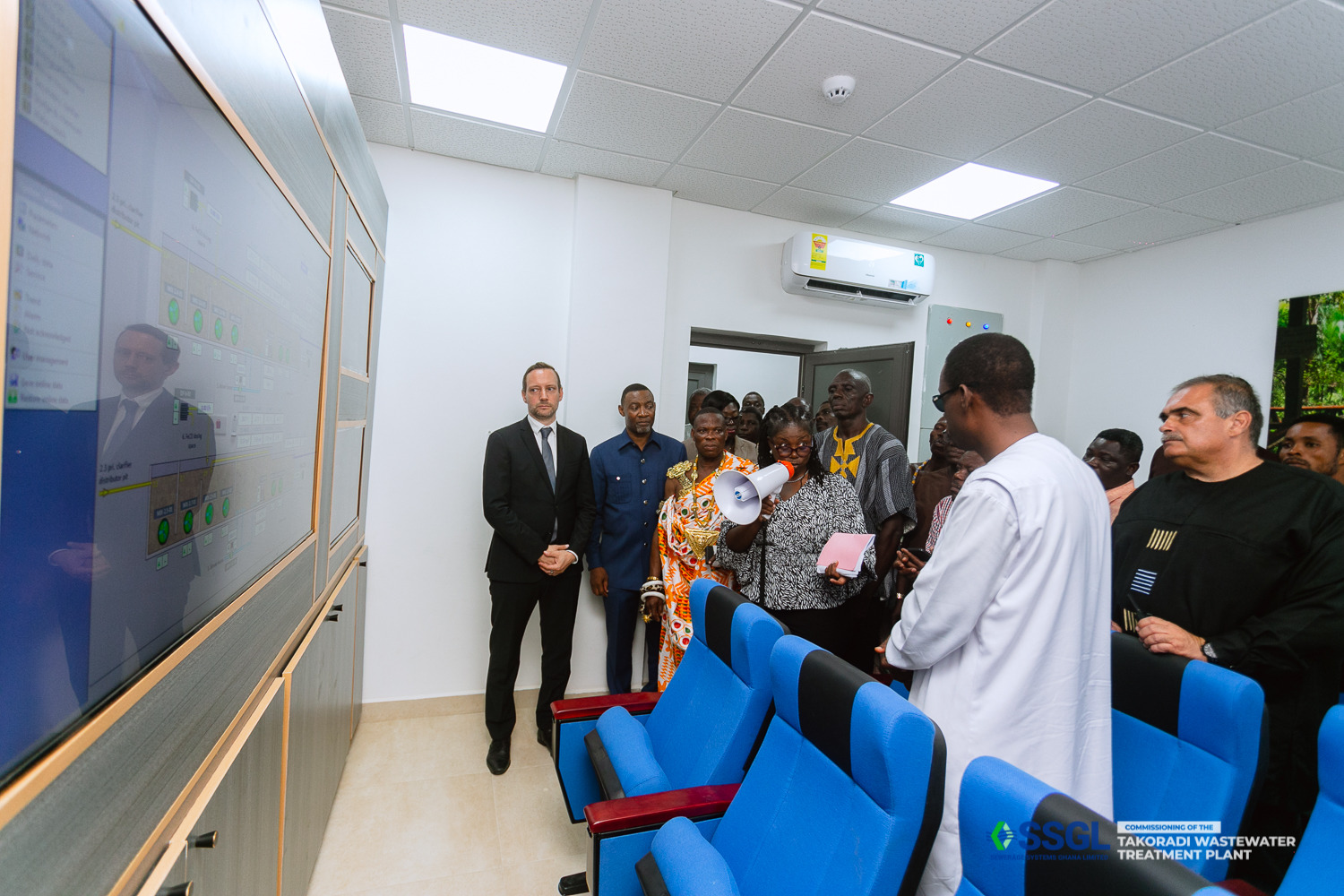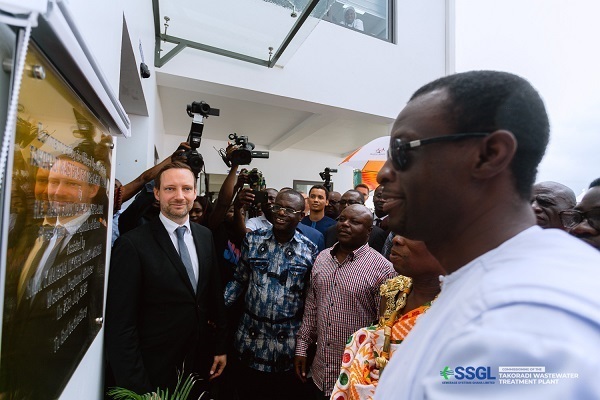Western Regional Minister Kwabena Okeyere Darko-Mensah has noted that only 10% of faecal waste collected in the region is treated.
This means that 90% of the faecal waste collected in the municipality is dumped into the environment untreated.
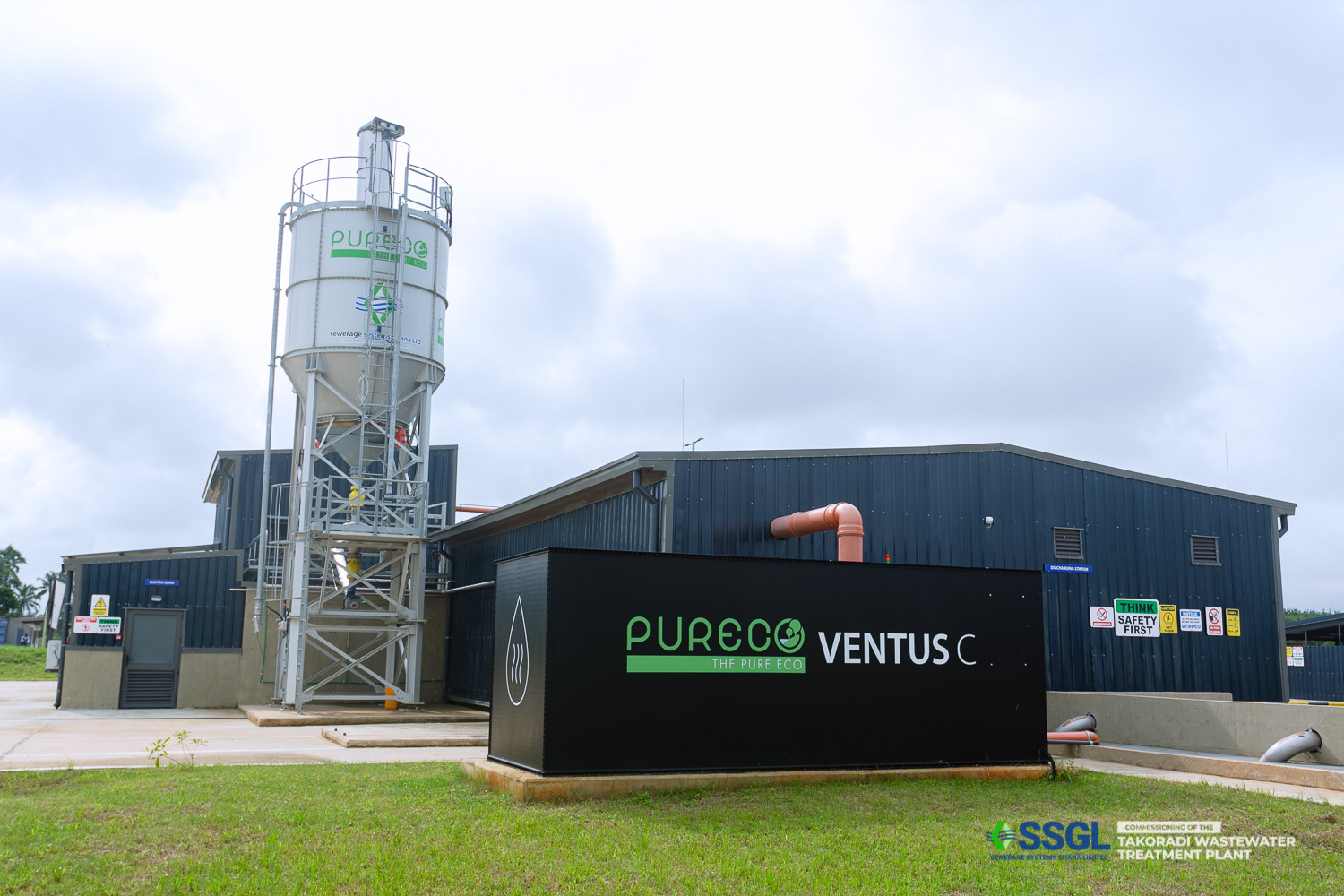
Speaking at the commissioning of the Sekondi-Takoradi Faecal Sludge Management Plant in Asaase in the Western Region, he said, “Only 10% of faecal waste collected in the region is treated, so this is very welcome news to have another facility to boost the existing one, which is obviously overstretched.”
He stated that Sekondi-Takoradi is the third most densely populated city in Ghana, with an annual average growth rate of 3.2%. The majority of urban households in the city rely on on-site sanitation systems. The waste disposal site at the Sekondi-Takoradi metropolis area, which is located at Sofokrom-Essipon, also hosts both wastewater and municipal solid waste sites.
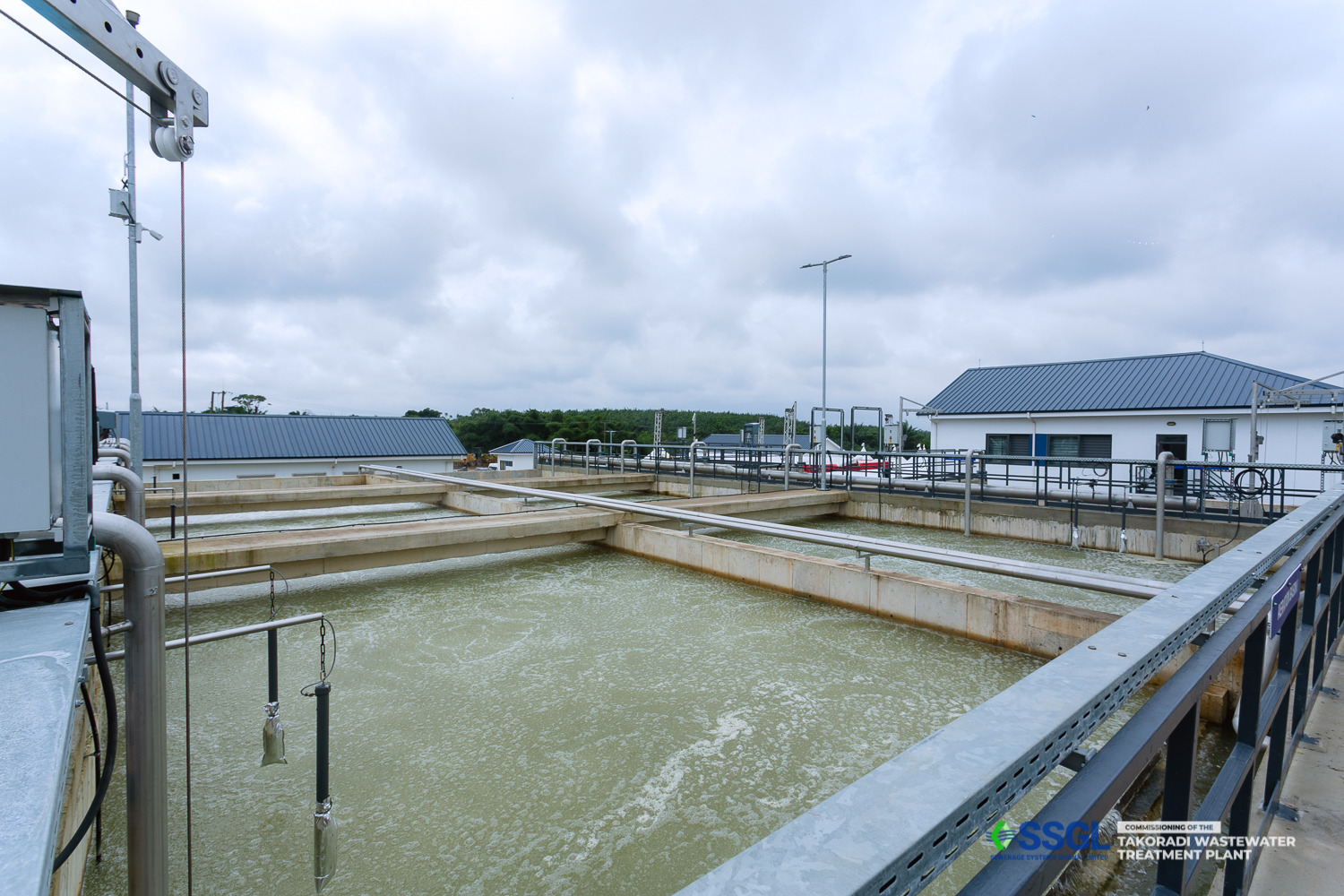
“This facility is aimed at significantly improving the environmental conditions of the city,” he added.
He emphasized that the plant, which has a design capacity of 1,000 cubic meters per day and an average of 100 trucks visiting the plant daily, will significantly improve the living conditions of the inhabitants and increase living standards in the region.
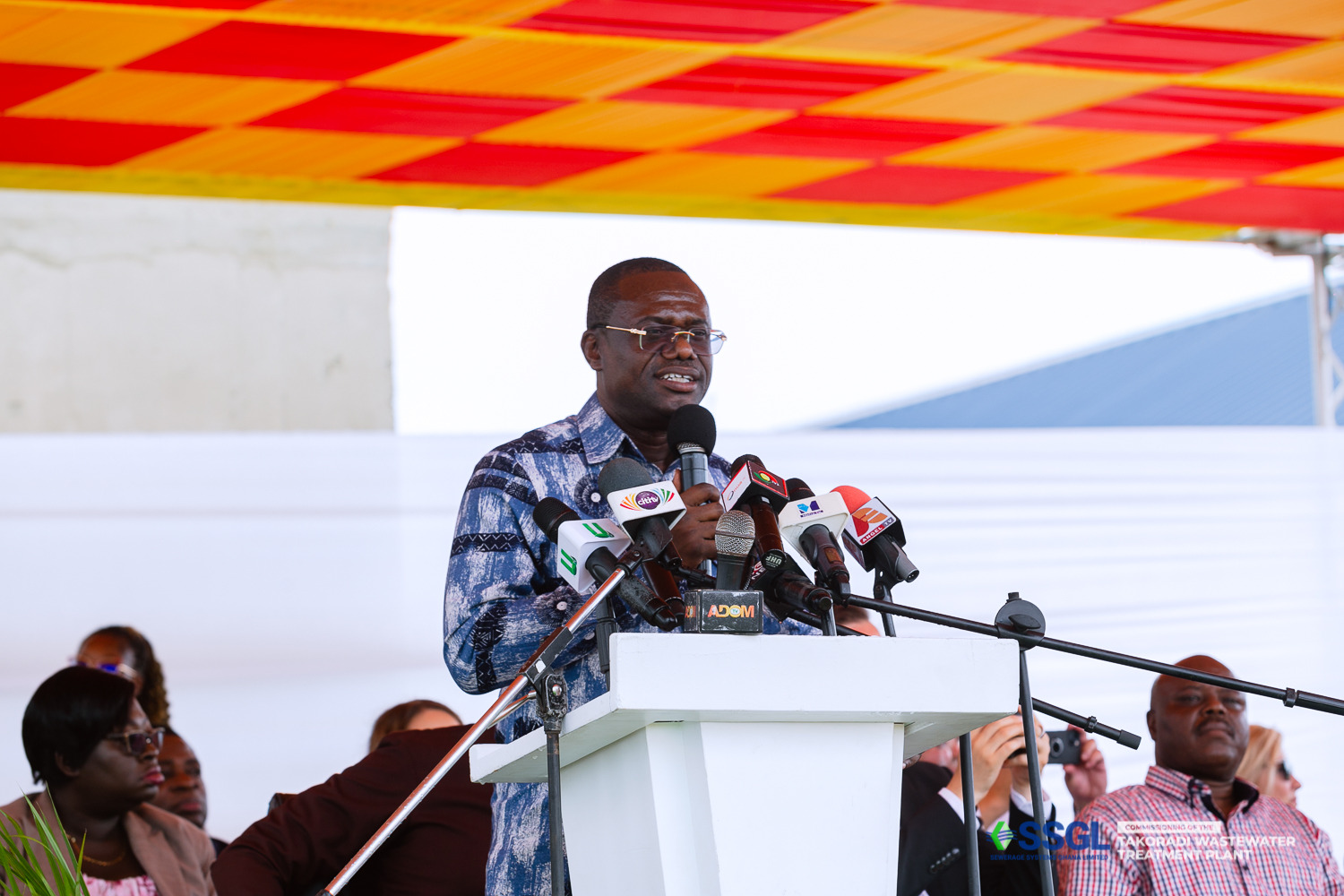
“It will also reduce the level of contamination in groundwater and surface water, achieve good hygiene conditions, and create employment for the teeming youth in the region,” he said.
He added that the facility will also serve as a learning and research facility for professionals and students in the region.
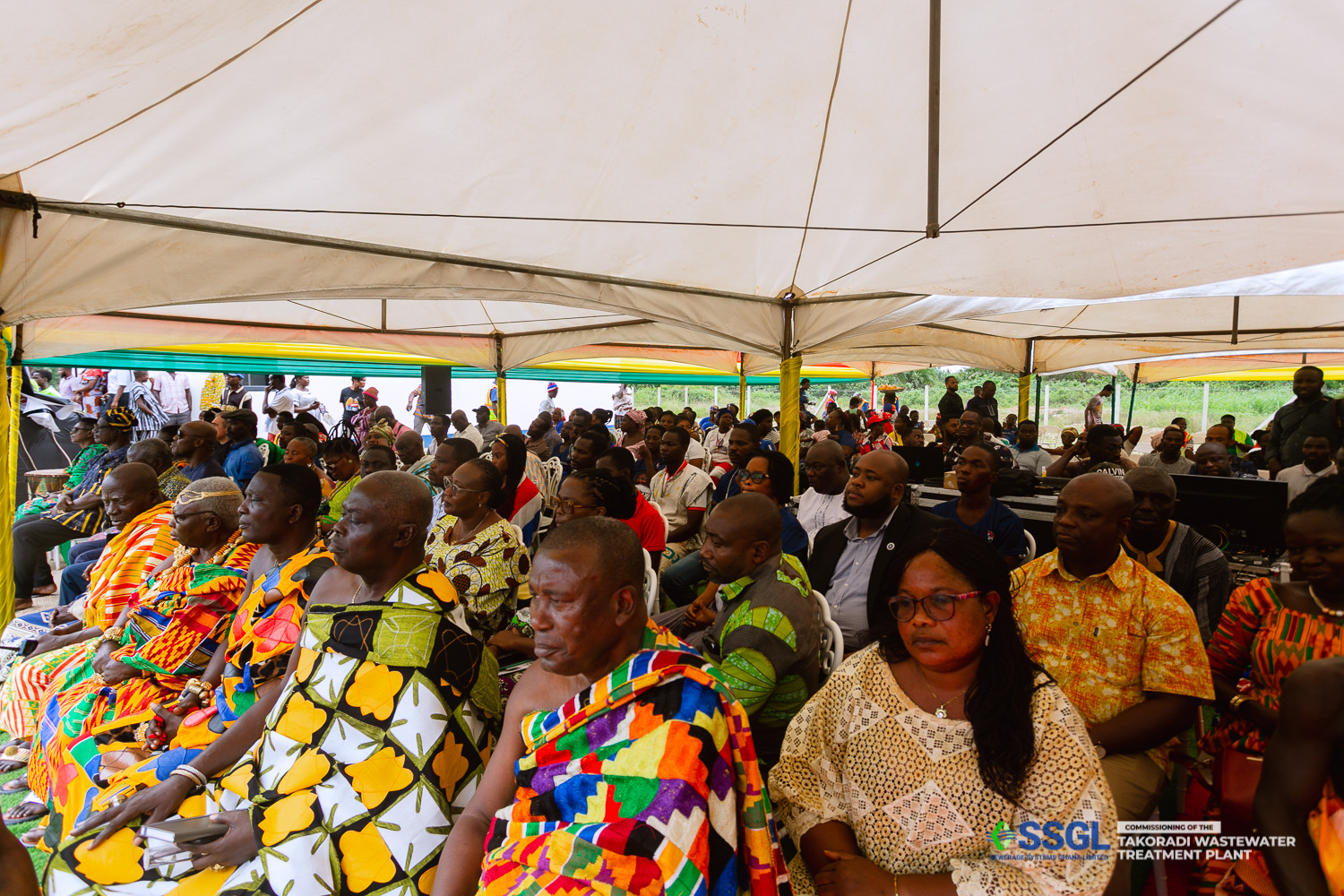
Executive Chairman of Jospong Group Dr. Joseph Siaw Agyepong, on his part, noted that the project was inspired by President Nana Addo Dankwa Akufo-Addo’s vision of making Ghana the cleanest country in Africa.
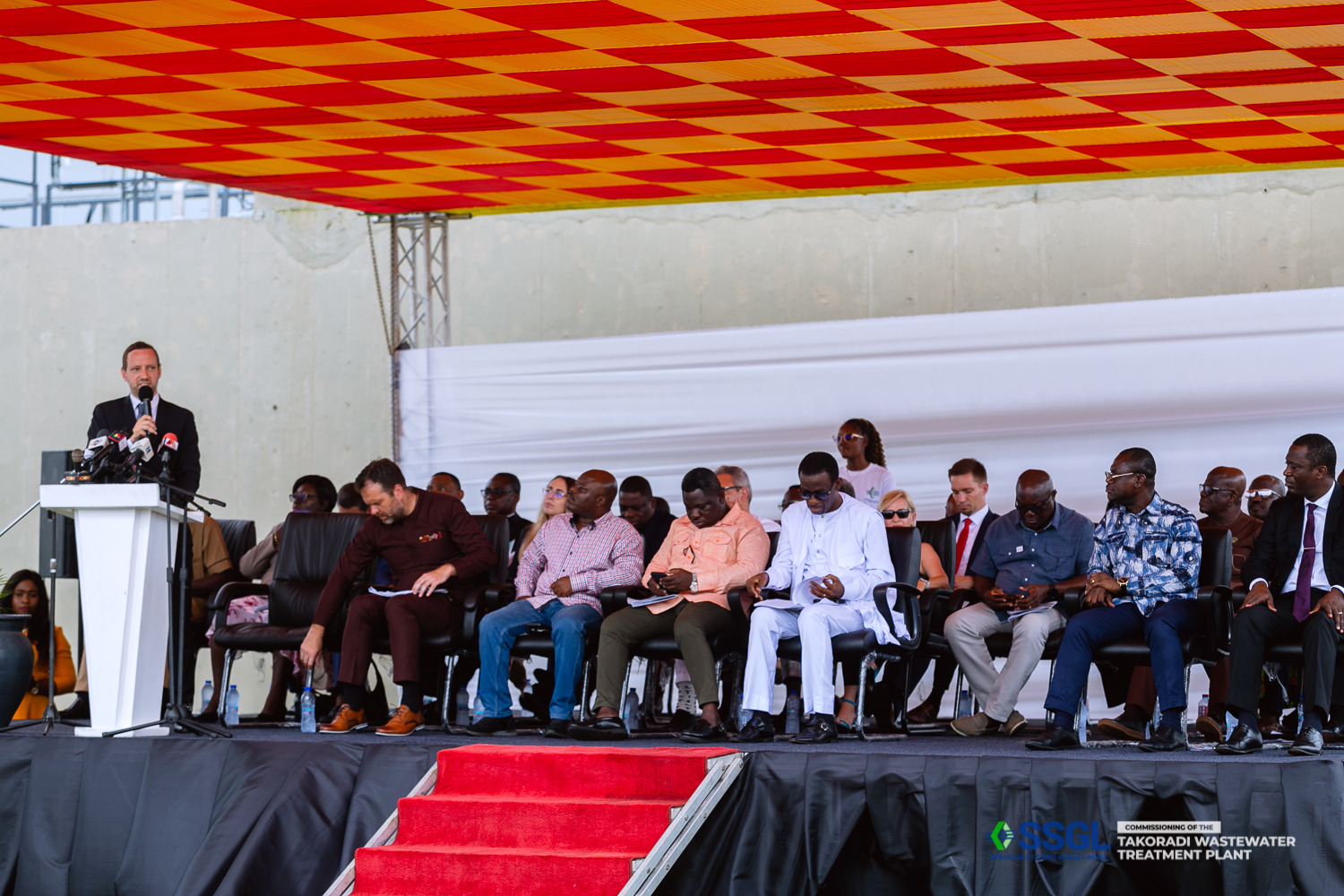
He also commended the former Minister of Sanitation and Water Resources, Cecilia Dapaah, and the Western Regional Minister for their immense contributions to the success of the project.
“Private businessmen need people who encourage and exhibit exemplary leadership, and you have encouraged me to do more. God bless you for your tremendous leadership support,” he said in praise of the two ministers.
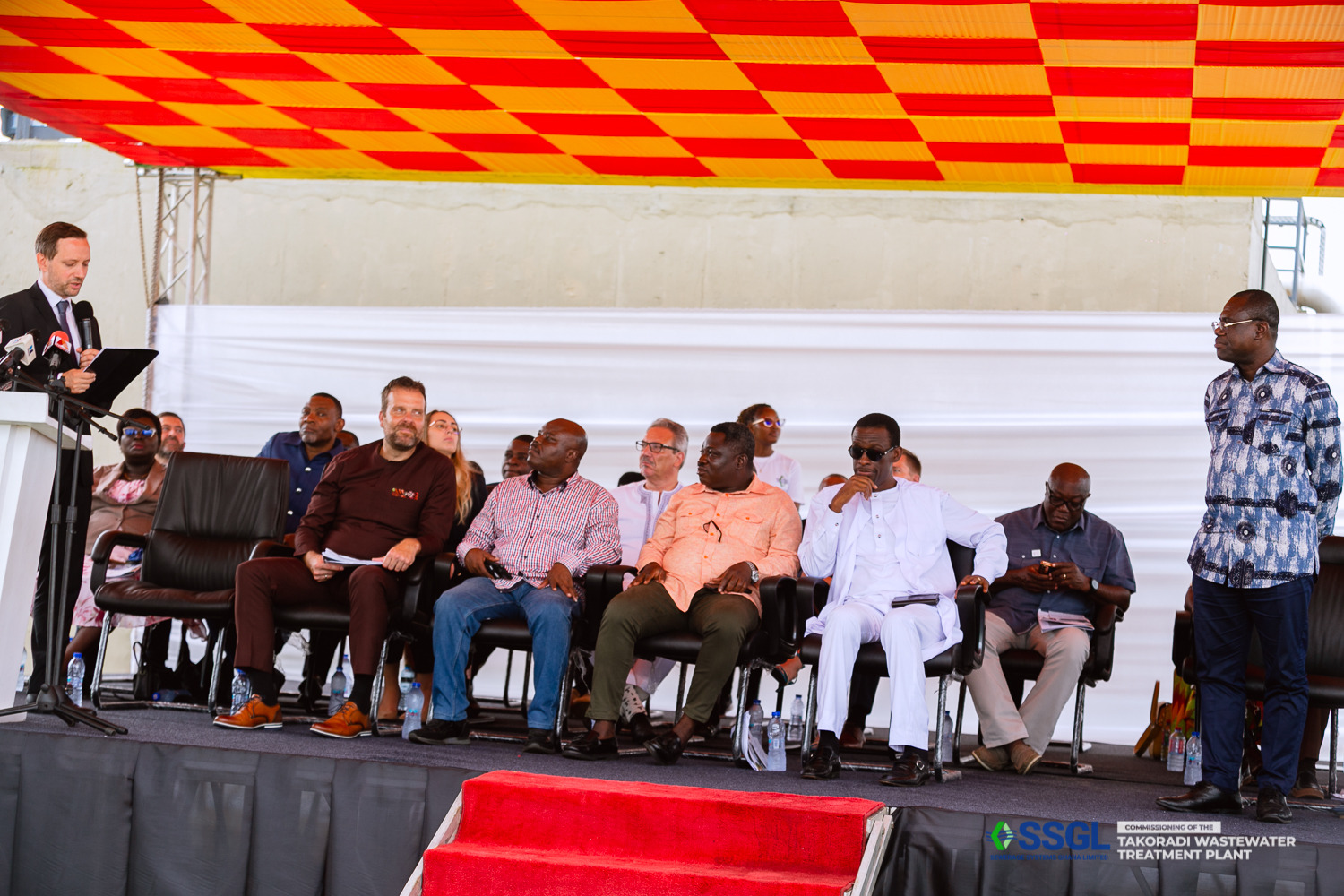
CEO of Pureco KFT-Hungary Balint Horvath, in a brief remark, noted that faecal topics are not glamorous topics, but their significance cannot be overemphasized.
He noted that the project meets high international standards and safety protocols.
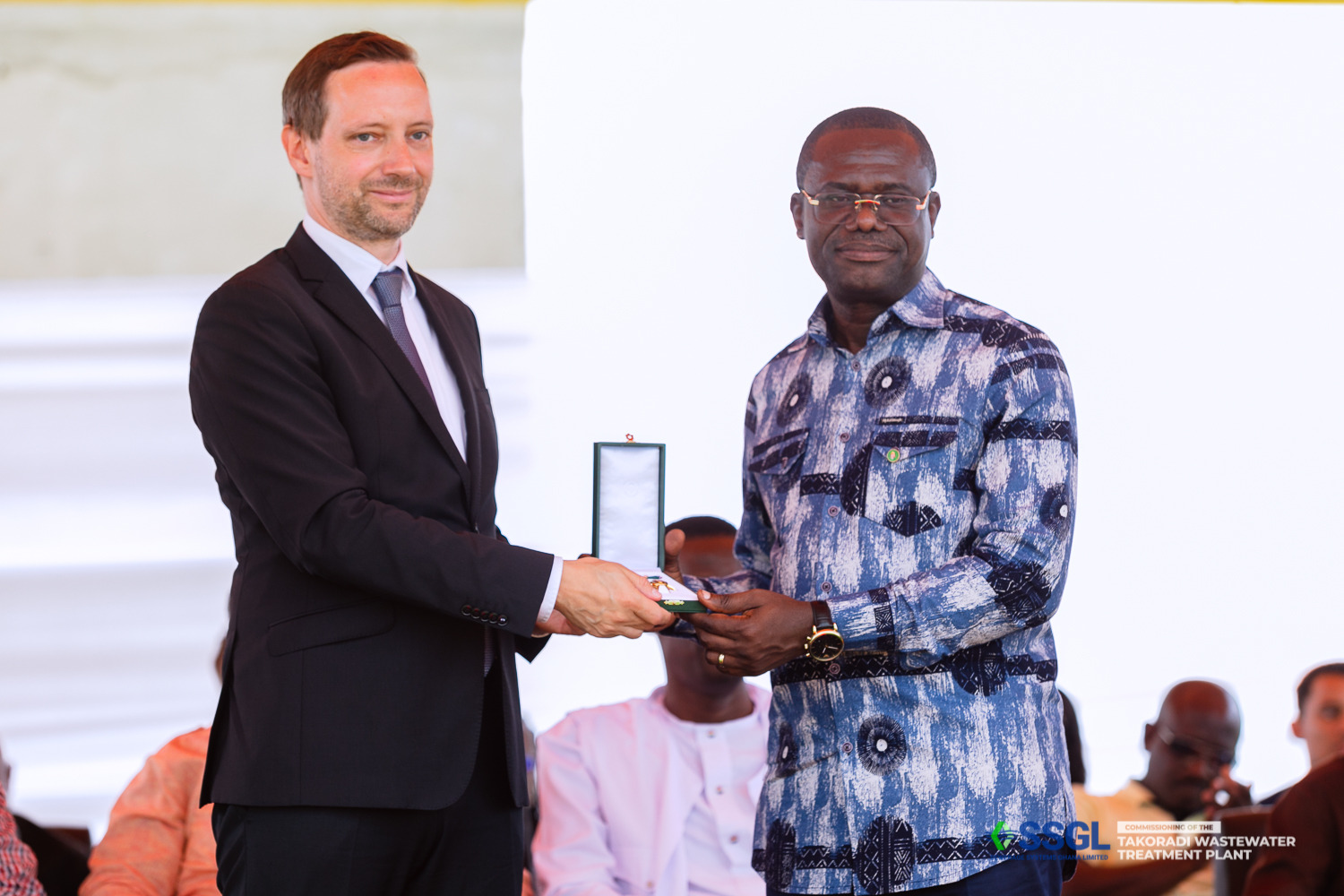
“With the three projects in Takoradi, Kumasi, and Tamale, Ghana has shown other African countries an example of how to properly manage faecal sludge in the subregion,” he said.
State Secretary at the Ministry of Foreign Affairs and Trade in Hungary Tristan Azbej, who was the guest of honour, remarked that the commissioning of the project is a means to celebrate a remarkable partnership between Ghana and Hungary.
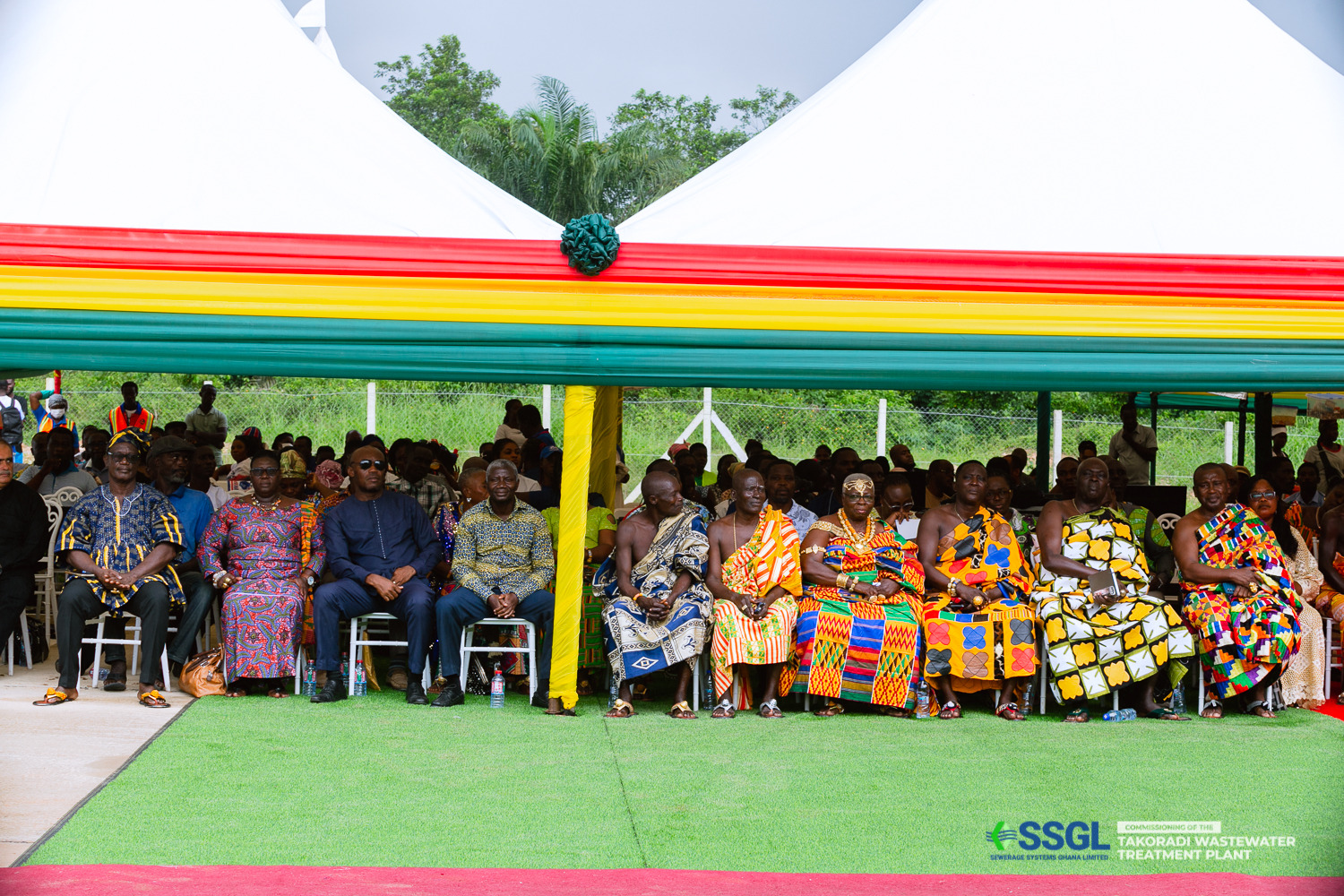
“It is an achievement based on the fellowship and professional commitment of both countries. Through this partnership, we are inaugurating a facility built on Hungarian technology,” he said.
He invited Ghana to explore other partnerships for the development of the country.

“Although we are far apart in distance, we have common values and culture, and we are ready to support Ghana for the benefit of its citizens,” he observed.
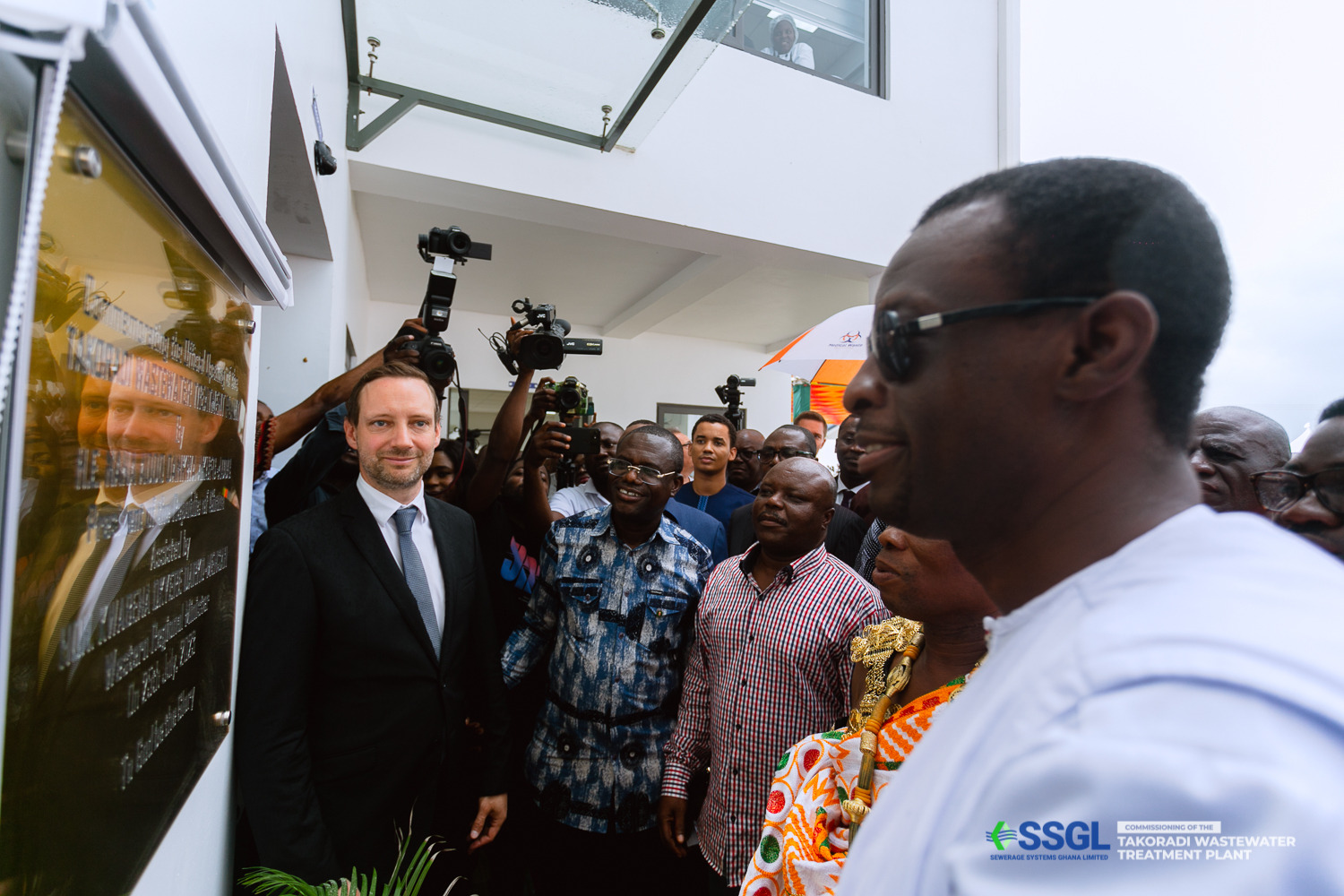
The facility is expected to employ about 300 direct workers.
